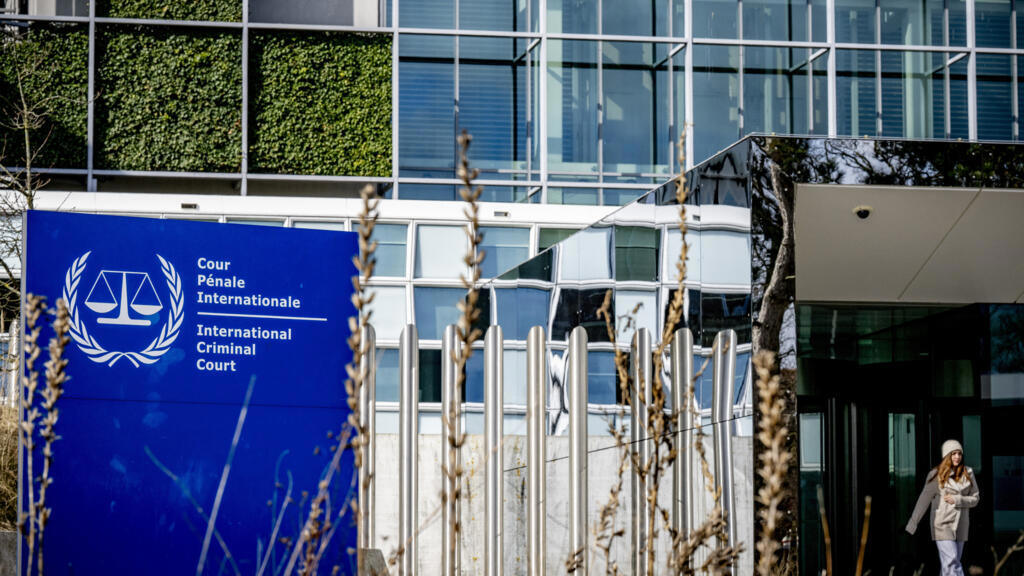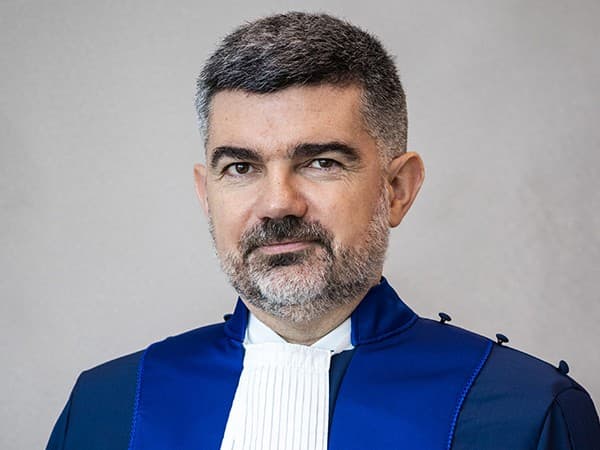U.S. Sanctions on ICC Judge Nicolas Guillou Disrupt His Life in Europe
In a striking case highlighting the intersection of international law and geopolitical tensions, Nicolas Guillou, a French judge serving at the International Criminal Court (ICC) in The Hague, is facing severe personal and professional repercussions due to U.S. sanctions. These sanctions were imposed after Guillou authorized arrest warrants against Israeli officials, including Prime Minister Benjamin Netanyahu and Defense Minister Yoav Gallant, for alleged war crimes in Gaza.
Key Details
Guillou"s life has been drastically altered by these sanctions, which have rendered him unable to engage in a wide range of everyday activities. As reported by the French newspaper Le Monde, Guillou is now unable to:
- Open or maintain accounts with major U.S. companies such as Google, Amazon, and Apple.
- Make hotel reservations, as evidenced by a canceled booking with Expedia shortly after it was made.
- Conduct online commerce due to uncertainty about the origin of packaging, which may involve American products.
- Use any major credit cards, including Visa, Mastercard, and American Express, all of which are American companies.
- Access normal banking services, even through non-American banks, as many institutions worldwide are closing accounts linked to sanctioned individuals.
- Engage in virtually any financial transaction, leading him to describe his situation as being "economically banned across most of the planet."
This situation is particularly alarming given that Guillou is a European citizen performing his judicial duties in Europe, specifically at an institution that was established and funded with European support. The sanctions imposed by the United States have not only affected Guillou"s ability to function normally in his daily life but have also raised questions about the enforcement of U.S. laws on European soil.
Guillou"s predicament underscores a broader issue regarding the sovereignty of European nations and the influence of U.S. foreign policy on European citizens. Despite the implications of these sanctions, European leaders and institutions have largely remained silent, with many European banks and companies complying with U.S. sanctions and closing Guillou"s accounts or denying him services.
Background
The International Criminal Court, located in The Hague, Netherlands, is an intergovernmental organization and international tribunal that prosecutes individuals for crimes such as genocide, war crimes, and crimes against humanity. The court was established by the Rome Statute in 2002, which has been ratified by numerous countries, including many in Europe. The ICC"s authority is recognized by the European Union, which has historically supported the court"s mission to uphold international law.
Guillou"s decision to issue arrest warrants against Netanyahu and Gallant was based on allegations of war crimes in the context of the ongoing conflict in Gaza, a region that has seen significant violence and humanitarian crises. The U.S. government has historically been a strong ally of Israel, and the sanctions against Guillou reflect the political tensions surrounding the Israeli-Palestinian conflict.

Image for U.S. sanctions on ICC judge Nicolas Guillou disrupt his life in Europe
Impact
The ramifications of Guillou"s situation extend beyond his personal hardships. They raise critical questions about the extent to which U.S. sanctions can affect European citizens and institutions, particularly those engaged in legal and judicial processes. The lack of a robust response from European leaders and institutions in defense of Guillou"s rights has led to concerns about the erosion of European sovereignty and the normalization of U.S. influence over European judicial matters.
As the situation unfolds, it remains to be seen how European governments will address the implications of U.S. sanctions on their citizens and whether they will take steps to protect individuals like Guillou who are caught in the crossfire of international politics.
For related coverage on international relations and geopolitical developments, see our recent reports on recent developments and similar situations.


![[Video] Heavy clashes and gunfire reported in Baghdad, Iraq](/_next/image?url=%2Fapi%2Fimage%2Fthumbnails%2Fthumbnail-1768342239932-848qsh-thumbnail.jpg&w=3840&q=75)




![[Video] Gunfire between Iraqi security forces and Sadr militias in Baghdad](/_next/image?url=%2Fapi%2Fimage%2Fthumbnails%2Fthumbnail-1768343508874-4redb-thumbnail.jpg&w=3840&q=75)
